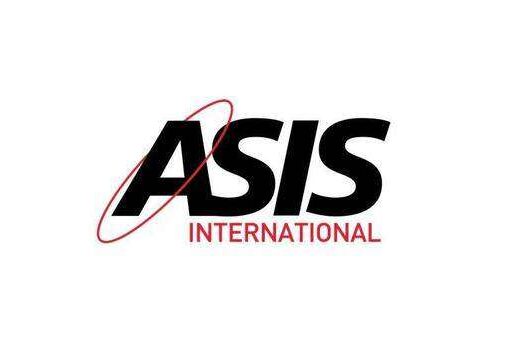Robust security is what’s needed to secure Nigeria’s oil and gas industry
Nigeria has in its possession one of the most precious commodities in the universe, depended upon by billions of people around the world: oil. Given that Nigerian Vice President Osinbajo has spoken of his intention to prepare the country for a future without fossil fuel, it’s clear the country is on a course to explore renewable energy and a clean energy economy. In the meantime, however, it’s imperative that Nigeria’s valuable oil resources are prevented from becoming compromised.
The emergence of the Internet of Things (IoT) and a surge in the number of platforms by which global interconnectedness now takes place, means that oilfields and pipelines are amongst the sites most likely to become targets of those with malevolent intentions. Regardless of location, operational systems can be hit by internal or external risk, bringing functions to a standstill.
The biggest threat is not, perhaps, a physical one but that which arises from lack of vigilance in relation to cyber security. So far, for the most part, business has been focused on protecting corporate systems and data, instead of taking into account complex systems that require expertise and engineering and could be manipulated by hackers.
The Lagos Chamber of Commerce and Industry (LCCI) has already highlighted this week that Nigeria’s crude oil remains “critical” to the future of the country’s economy, accounting for approximately two-thirds of state revenue. A breach of security in Nigeria’s oil and gas industries is a risk not worth taking.
























